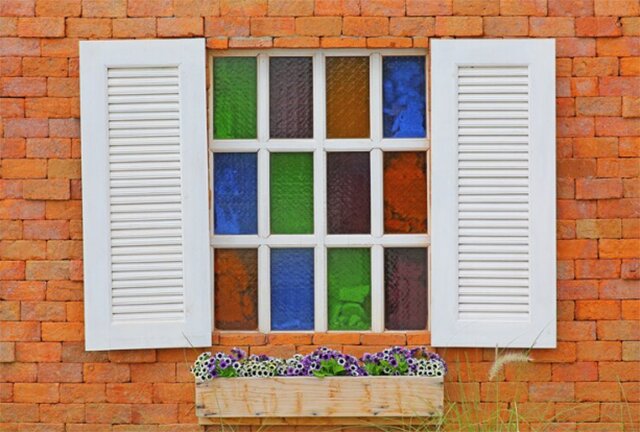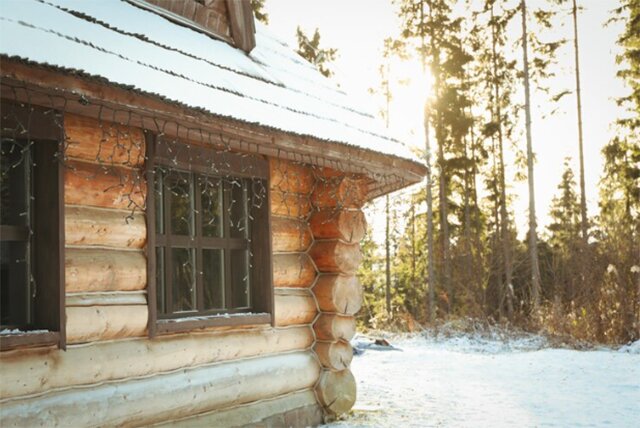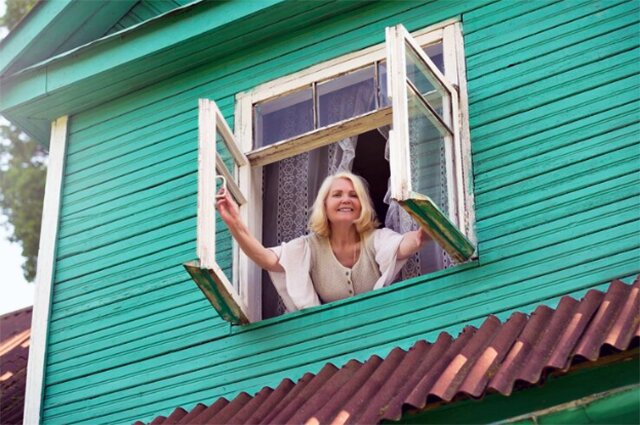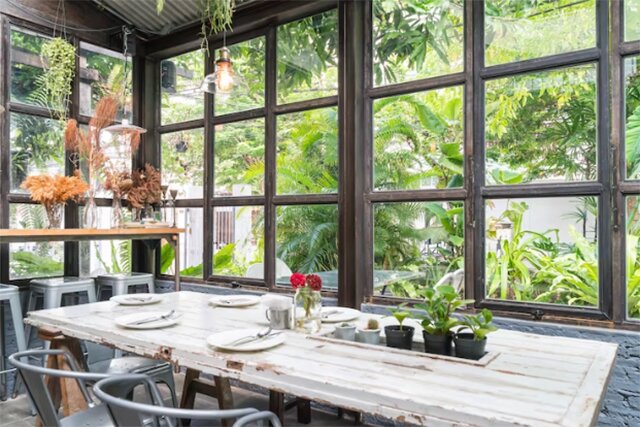When it comes to home improvement, one of the most common questions homeowners ask is, “How long do wood windows last?” As a company specializing in window installation and repair, we understand the importance of having reliable information about the lifespan of your wood windows. In this comprehensive guide, we’ll explore the factors that affect the longevity of wood windows and provide you with valuable tips to help you maximize their lifespan.
Factors Affecting the Lifespan of Wood Windows
Several factors can influence how long your wood windows last, including:
- Quality of the wood and construction
- Type of wood (e.g., pine, cedar, mahogany)
- Maintenance and upkeep
- Climate and weather conditions
- Installation quality
Quality of the Wood and Construction
The quality of the wood and the construction of your windows play a significant role in determining how long they will last. High-quality wood windows, crafted from durable materials and built with precision, are more likely to withstand the test of time. When selecting wood windows, opt for those made by reputable manufacturers who use premium materials and adhere to strict quality control standards.
Type of Wood
The type of wood used in your windows can also affect their lifespan. Some common wood types used in window construction include:
Wood Type | Description | Characteristics | Typical Lifespan |
Pine | A softwood that is lightweight, affordable, and easy to work with. It has a light color and a straight grain pattern. |
| Up to 15-20 years |
Cedar | A softwood known for its natural resistance to moisture, decay, and insect damage. It has a distinctive reddish-brown color and a straight grain pattern. |
| Up to 20-25 years |
Mahogany | A hardwood prized for its beauty, strength, and durability. It has a rich, reddish-brown color and a straight or slightly interlocked grain pattern. |
| Up to 25-30 years |
Oak | A hardwood known for its strength, durability, and distinctive grain pattern. It has a light to medium brown color and a straight or slightly curved grain. |
| Up to 20-30 years |
Douglas Fir | A softwood appreciated for its strength, stability, and versatility. It has a light brown color with a straight or slightly wavy grain pattern. |
| Up to 20-25 years |
Consider the properties of each wood type and choose one that best suits your climate and maintenance preferences.

Maintenance and Upkeep
Regular maintenance is crucial to extending the life of your wood windows. Neglecting to properly care for your windows can lead to premature deterioration and reduced longevity. Some essential maintenance tasks include:
- Regular cleaning and inspection
- Painting or staining to protect the wood
- Caulking and weatherstripping to prevent air leaks
- Repairing minor damage promptly
- Protecting windows from moisture and humidity
By solving these tasks, you can make your wood windows last longer.
Climate and Weather Conditions
The climate and weather conditions in your area can also impact how long your wood windows last. Exposure to harsh sunlight, heavy rain, snow, and extreme temperatures can take a toll on wood windows over time. If you live in an area with severe weather conditions, it’s essential to choose windows that are designed to withstand these challenges and to take extra precautions to protect your windows from the elements.
Installation Quality
Proper installation is key to ensuring your wood windows last as long as possible. Poorly installed windows can lead to gaps, leaks, and other issues that can compromise their performance and longevity. Always hire professional, experienced window installers who follow manufacturer guidelines and industry best practices to ensure your windows are installed correctly.

Average Lifespan of Wood Windows
So, how long do wood windows last on average? With proper care, wood windows can typically last between 15 to 30 years. However, this lifespan can vary depending on the factors discussed above. In comparison to other window materials, such as vinyl or fiberglass, wood windows may require more upkeep to maintain their appearance and functionality over time.
It’s important to note that certain factors can extend or shorten the lifespan of your wood windows. For example, regular painting or staining can help protect the wood from moisture damage and extend its life. On the other hand, exposure to extreme weather conditions or neglecting necessary repairs can shorten the lifespan of your windows.
Signs of Deterioration in Wood Windows
To determine whether your wood windows are nearing the end of their lifespan, look out for these common signs of deterioration:
- Visible rot, decay, or warping
- Difficulty opening or closing
- Drafts or air leaks
- Condensation between panes
- Peeling paint or finish
If you notice any of these issues, it may be time to consider repairs or replacements to maintain the performance and energy efficiency of your windows.
Maintenance Tips to Extend the Life of Wood Windows
To get the most out of your wood windows and extend their lifespan, follow these tips:
- Clean your windows regularly using a mild detergent and a soft cloth. Avoid abrasive cleaners that can damage the wood finish.
- Inspect your windows annually for signs of damage, decay, or deterioration. Address any issues promptly to prevent further damage.
- Paint or stain your wood windows every 3-5 years to protect the wood from moisture and UV damage. Use a high-quality exterior paint or stain designed for wood windows.
- Check and replace caulking and weatherstripping as needed to prevent air leaks and improve energy efficiency.
- Repair minor damage, such as small cracks or chips, promptly to avoid more extensive issues down the line.
- Protect your windows from moisture and humidity by ensuring proper ventilation and using window treatments or awnings to reduce direct exposure to rain and snow.
By following these tips, you can help your wood windows last longer and perform better over time.

When to Consider Replacing Wood Windows
While regular maintenance can extend the life of your wood windows, there may come a time when replacement is necessary. Consider replacing your wood windows if you encounter the following issues:
- Extensive rot or damage that cannot be repaired
- Poor energy efficiency, resulting in high heating and cooling costs
- Frequent issues that are costly or time-consuming to address
- Outdated or non-functional hardware that affects the operation of the windows
- A desire for updated style or features that your current windows cannot provide
If you’re unsure whether repair or replacement is the best option for your wood windows, consult with a professional window company for an assessment and recommendation.
Advantages of Modern Wood Windows
If you do decide to replace your wood windows, you’ll be pleased to know that modern wood windows offer several advantages over their traditional counterparts:
- Improved energy efficiency, thanks to advanced materials and construction techniques
- Enhanced durability and weather resistance, with options like aluminum-clad exteriors that protect the wood from the elements
- Low-maintenance options that reduce the need for frequent painting or staining
- A wide range of styles and customization options to suit your home’s architecture and personal preferences
When selecting new wood windows, work with a reputable window company that offers high-quality products and professional installation services to ensure the best possible performance and longevity.
Conclusion
In conclusion, the lifespan of your wood windows depends on a variety of factors, from the quality of the materials and construction to the level of care they receive. On average, well-maintained wood windows can last between 15 to 30 years, providing your home with natural beauty, warmth, and character. By understanding the factors that affect the longevity of wood windows and following the tips outlined in this guide, you can help your windows last as long as possible. If you do need to replace your wood windows, consider the advantages of modern options that offer improved energy efficiency, durability, and low-maintenance features. As always, if you have any questions or concerns about how long your wood windows will last, don’t hesitate to reach out to a professional window company for expert advice and assistance.




 509-201-4190
509-201-4190
